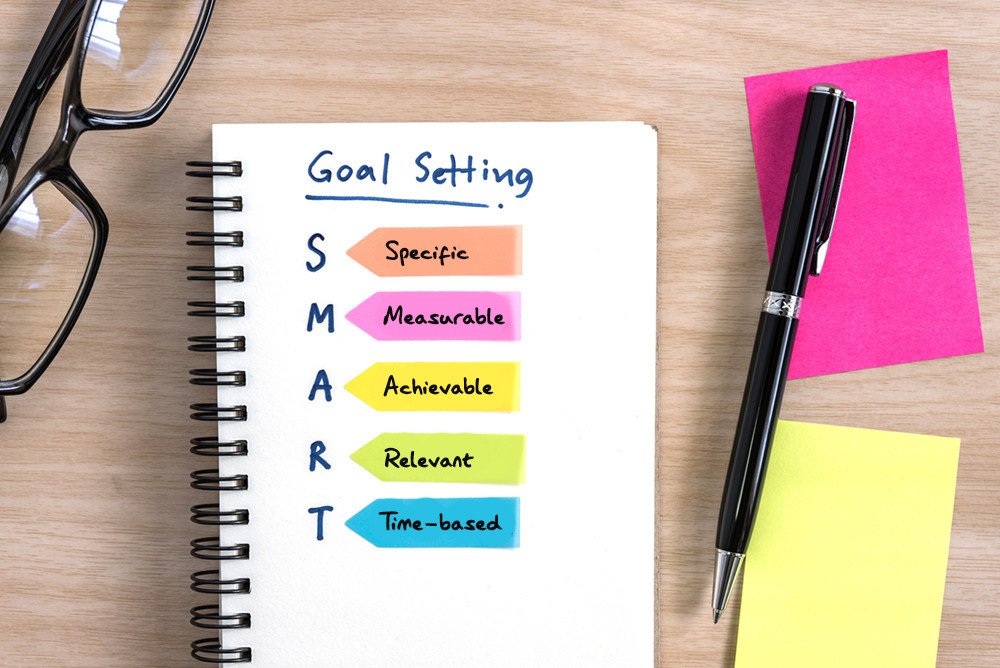Goal Setting

The Oxford Dictionary defines ‘goal’ as the object of a person’s ambition or effort; an aim or desired result. Another definition of ‘goal’ according to Latham & Locke (2002, p.705), is that it is “the object or aim of an action, for example, to attain a specific standard of proficiency”, usually within a prescribed time limit. Goal setting is therefore a purposeful process of positioning yourself in the right direction towards where you want to be, within a specific period of time.
There are many areas in our lives where goal setting might be appropriate and indeed very helpful. These life domains include personal development, health and well-being, family and relationships, career, finance, hobbies and leisure, involvement in the community, and home and living, among others. For example, any goals having to do with academic pursuits, learning, and time management may be viewed as goals for personal development.
Importance of Goal Setting
There are many benefits to setting goals. Here are three reasons why we may want to set goals:
- Goals guide your focus
When you set a goal, you would naturally direct your attention and resources towards what you need to do next. This will subsequently lead you in the right direction which influences your actions and behaviours to follow. Many people who have successfully achieved their goals find themselves cultivating new mindsets and habits that are different from what they used to have. - Goals sustain momentum
Achieving the little benchmarks you set for yourself…
Sign up as a member to view the full article.






